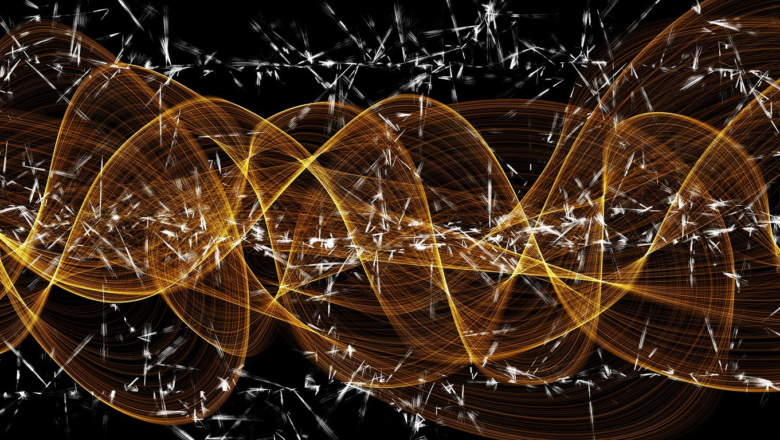
The Electroweak Era: When Forces Merged and Mass Emerged
In the unimaginably hot and dense moments following the Big Bang, the universe underwent a series of dramatic transformations. Among these was the Electroweak Era, a fleeting yet pivotal period that shaped the fundamental forces we observe today and played a key role in granting mass to the building blocks of matter.
A Time of Unity
The Electroweak Era began a tiny fraction of a second after the Big Bang, lasting from roughly 10⁻³⁶ seconds to 10⁻¹⁰ seconds. During this epoch, the universe was a seething cauldron of energy where two of nature's fundamental forces – electromagnetism and the weak nuclear force – existed not as separate entities, but as a single, unified force called the electroweak force.
Electromagnetism, familiar to us through light, electricity, and magne...


